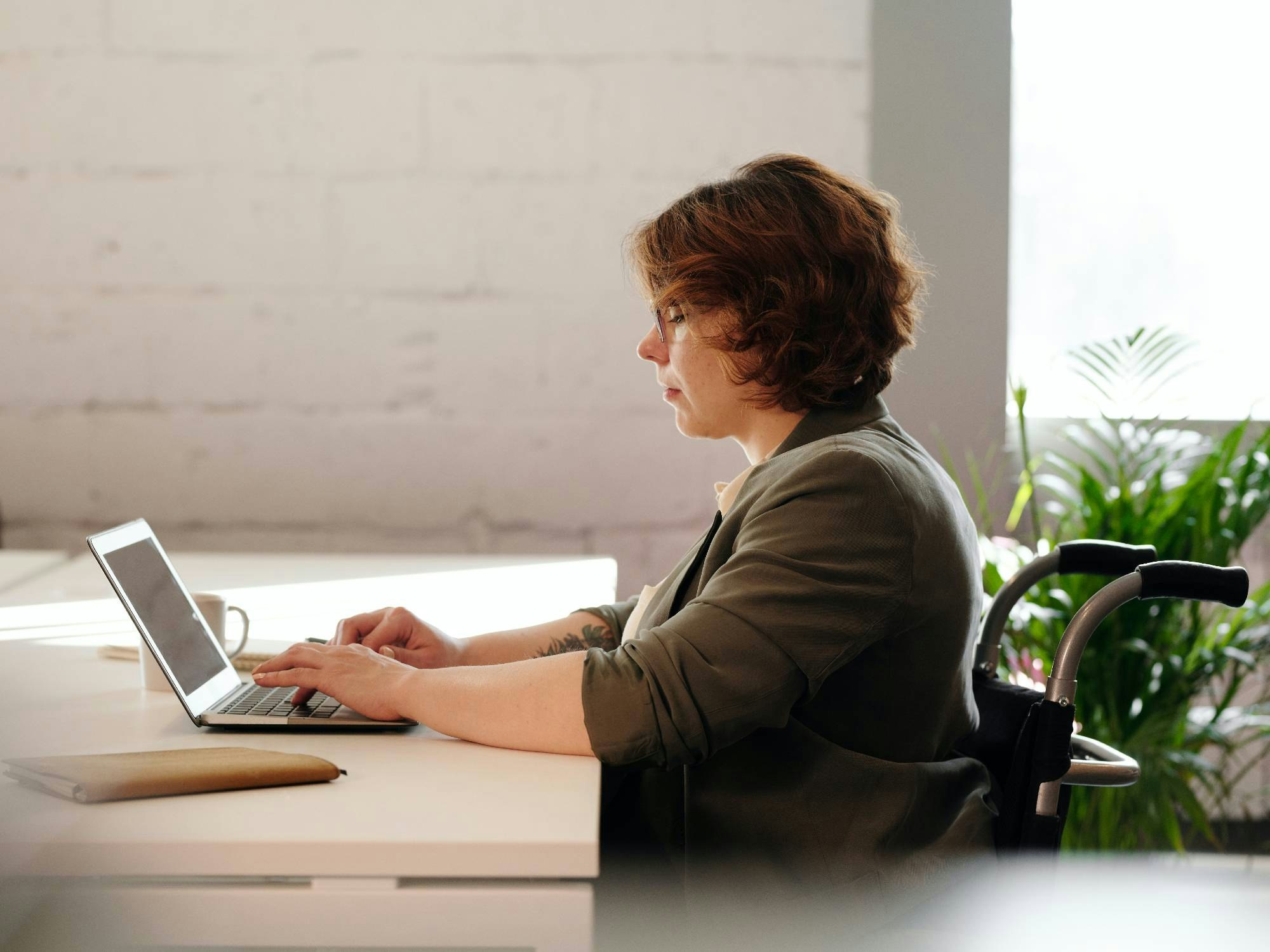New disability employment pilot program announced

A new disability employment program is set to be codesigned and implemented by the Federal Government and the Business Council of Australia (BCA) in response to recommendations made at last September’s Jobs and Skills Summit.
The Government will invest $3.3 million in the pilot program, providing people with disability with more employment outcomes and development and advancement opportunities once hired.
Minister for Social Services, Amanda Rishworth, says the Government also wants to test out new ways to create cultural change within businesses to better support people with disability.
“There are 2.1 million Australians with disability of working age, but only 53.4 percent are in the labour workforce,” says Minister Rishworth.
“We also know 93 percent of working-age people with disability face difficulties finding work due to the lack of suitable employment and perceived limitations of their disability.
“This new employment pilot seeks to address this and provide significant benefits to people with disability, employers and businesses, the economy and the broader community.”
Both the Government and BCA have already held a workshop with major employer groups and disability employment experts to identify any challenges and begin planning the employment pilot program.
Ms Rishworth says they will create a program that can create an inclusive, safe and supportive workplace culture where people with disability can thrive and achieve their career aspirations.
BCA Chief Executive Officer (CEO), Jennifer Westacott, acknowledges that businesses will have to play their part in creating safe workplaces so people with disability have every opportunity to succeed.
Ms Westacott says it will require a community-wide approach to provide expanded opportunities.
“Working together across Government and business is crucial to shifting the dial and delivering better opportunities to all Australians,” says Ms Westacott.
“Business Council members are already innovating to create more inclusive workforces because that’s how they can attract the best people in a tight jobs market, this pilot will help them do more to tear down the structural barriers that hold people and businesses back.”
Employment opportunities for people with disability have been a focal point for the Government since the Jobs and Skills Summit after Australian of the Year, Dylan Alcott, made an impassioned speech.
Mr Alcott said the time for change “was yesterday” and that people with disability are deserving of careers and leadership positions.
“I don’t want to scare you, but we want your seats as well,” said Mr Alcott back in September of last year.
“I think we derve the opportunity to be able to thrive [in] that [position] and make our economy better as a result of that.”
“And it’s not just about getting us in the front door. It’s about creating a safe workplace once we’re there. Safe from discrimination, safe from unconscious bias, safe from abuse, from neglect.”
The pilot program’s announcement comes just a few weeks after the Government launched an investigation into inaccurate Disability Employment Services (DES) Star Ratings
A coding error was blamed for the inaccurate Star Ratings, which have been temporarily suspended until it is fixed.
Small businesses taking the initiative
Not all businesses are waiting until a new pilot program is launched to create an inclusive workplace featuring staff with disability – Melbourne cafe All Things Equal currently hires 25 people with disability.
All Things Equal was launched by Jonathan Wenig in 2021 after he decided to take the lead in providing his daughter, who has a disability, with the opportunity to be meaningfully employed once she graduated from school.
Mr Wenig set up a charity, created a board, and contributed much of his own money to an initial pool of $200,000 that was used to open the cafe.
After starting with 12 staff with disability, that number has doubled, and there is a waitlist of roughly 60 people who want to join the team.
Not only has it provided employment opportunities for people with disability, but it has offered them chances to learn new skills and take on new roles.
All Things Equal employee, Paul, started in the kitchen before moving to the front-of-house where he serves customers and makes an assortment of food and drink, including milkshakes, smoothies and toasted sandwiches.
“I love it. I enjoy the work and it teaches me independent living and it makes me feel happy,” Paul told The Guardian.
His colleague, Harley, also says “every day is like a party” and he enjoys creating a positive vibe for both the customers and kitchen staff.
All Things Equal General Manager (GM), Bianca Stern, told The Guardian that people with disability are “ready, willing and absolutely capable” to work hard.
“There are hundreds of thousands of people with disabilities who are willing to work but they are too often overlooked,” says Ms Stern.
“I don’t think perhaps as a society we are educated enough to understand the benefits of employing someone with a disability or what they need to do to be an inclusive employer.
“I’m hopeful we are slowly changing that.”
Ms Stern says she hopes other businesses follow their lead and recognise they can play their part by showing initiative in recruiting people with disability.